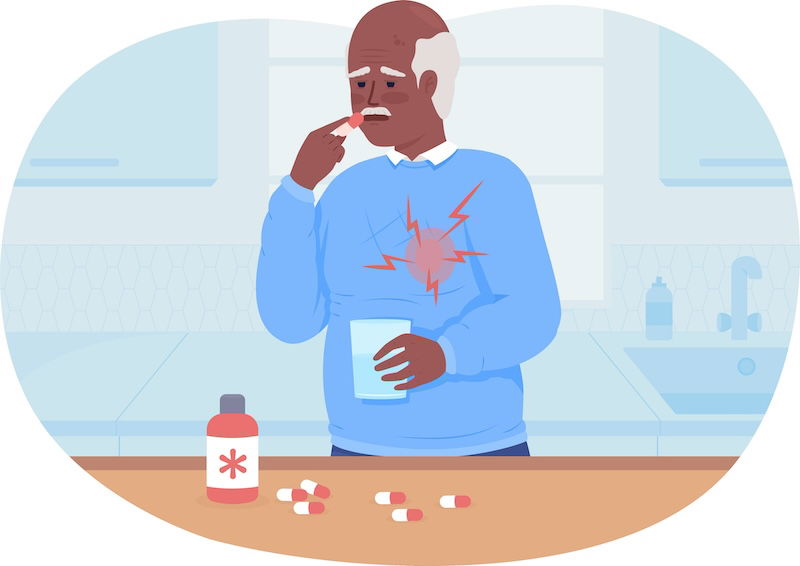At Columbia University, a team of scientists has been examining a well-known blood pressure medication called chlorthalidone. This drug has been widely used to help many people manage their blood pressure effectively.
However, recent findings suggest there’s more to this medication than previously thought.
Blood pressure is essential to our health, much like the speed of cars on a highway. When blood pressure is high, it’s as if the cars are racing dangerously fast, which can lead to severe health issues such as heart attacks, strokes, and kidney problems.
To slow down these “speedy cars,” doctors recommend lifestyle changes and prescribe medications like chlorthalidone, which acts like a traffic cop for our bloodstream.
In a comprehensive study, researchers at Columbia analyzed health records from over 730,000 individuals spanning 17 years. They focused particularly on comparing chlorthalidone with another similar medication, hydrochlorothiazide.
Both medications are effective in reducing the risk of heart-related diseases and strokes, but they discovered a significant concern with chlorthalidone.
The study revealed that people taking chlorthalidone were three times more likely to experience low levels of potassium in their blood—a condition known as hypokalemia.
Potassium is crucial for proper muscle and nerve function, and its deficiency can lead to symptoms like weakness, fatigue, and even heart disturbances.
The statistics showed that 6.3% of patients on chlorthalidone suffered from hypokalemia, compared to only 1.9% of those on hydrochlorothiazide. This finding raised concerns since low potassium levels can be quite dangerous.
Furthermore, the study noted that chlorthalidone users were also more prone to electrolyte imbalances and kidney issues.
Electrolytes are vital for many bodily functions, acting like spark plugs that power our cells, and the kidneys play a crucial role in filtering and managing waste. Disruptions in these systems can have significant health implications.
So, what does this mean for individuals taking chlorthalidone? It’s a reminder of the importance of regular monitoring and consultation with healthcare providers. This study could lead doctors to reconsider the use of chlorthalidone, balancing its benefits against potential risks.
Managing blood pressure isn’t just about medication; it also involves lifestyle choices.
Eating a diet rich in fruits and vegetables, reducing salt intake, avoiding excessive alcohol, quitting smoking, engaging in regular exercise, and practicing relaxation techniques like yoga can all contribute to healthier blood pressure levels.
Looking ahead, the researchers at Columbia University plan to continue their investigations into chlorthalidone and similar medications to ensure they provide safe and effective treatment options.
For those on chlorthalidone, think of it as part of a broader strategy to maintain your “blood highways.” Keeping in touch with your doctor, having regular health check-ups, and paying attention to how you feel are crucial steps in managing your health effectively.
In conclusion, while chlorthalidone remains a valuable tool in controlling high blood pressure, this study highlights the importance of careful management and monitoring to avoid potential side effects. As research continues, it will provide a clearer picture and guide safer treatment protocols.
- Karlston and Adenman
-

 2
2



Recommended Comments
There are no comments to display.
Join the conversation
You can post now and register later. If you have an account, sign in now to post with your account.
Note: Your post will require moderator approval before it will be visible.